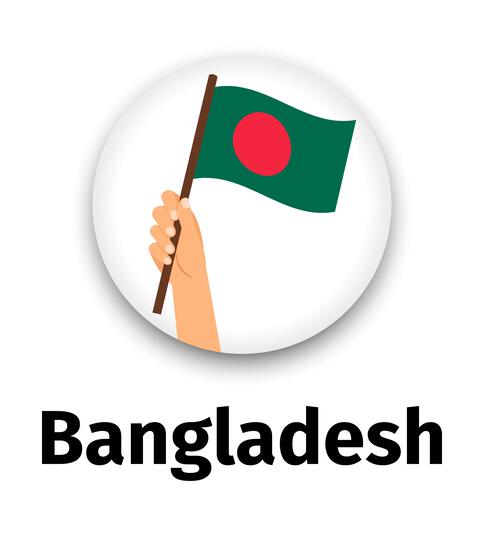Policy Brief: Building a Protection System for Minorities in Bangladesh
Based on: “No One Left Behind — Building a Protection System for Minorities”
Author: Minhaz Samad Chowdhury — Independent Human Rights Defender, Bangladesh
1. Executive Summary
Minority communities in Bangladesh — including ethnic, religious, linguistic, and indigenous groups — face persistent discrimination, land dispossession, cultural erasure, and targeted violence. Current responses are largely reactive, occurring after violence has taken place.
This brief calls for the creation of a national and community-based protection system to safeguard vulnerable groups through prevention, legal protection, community resilience, and solidarity networks.
Core Principle: Minority protection is not charity — it is justice and a democratic obligation.
2. Problem Statement
-
Minority communities often lack timely legal support, physical protection, and institutional recognition.
-
Protection mechanisms are fragmented, underfunded, or entirely absent in rural and conflict-prone areas.
-
Weak accountability mechanisms enable impunity for perpetrators of violence and discrimination.
-
Existing laws and institutions do not adequately reflect minority voices or ensure their active participation in protection planning.
3. Policy Objectives
-
Strengthen institutional and community capacity to prevent and respond to violence against minorities.
-
Ensure early warning, rapid response, and accessible legal recourse.
-
Empower minority communities to become co-leaders of their own protection.
-
Embed protection mechanisms within national human rights and development frameworks.
4. Key Policy Recommendations
A. Establish Community Protection Networks
-
Create trained volunteer networks in vulnerable areas to act as first responders.
-
Facilitate real-time reporting mechanisms using mobile and digital tools.
-
Partner with local governments and CSOs for coordination.
B. Strengthen Legal and Institutional Safeguards
-
Guarantee rapid legal aid and representation for minority victims.
-
Enforce existing constitutional protections with stronger monitoring and accountability.
-
Develop localized legal assistance centers with minority language access.
C. Develop Early Warning & Response Systems
-
Introduce a national early warning mechanism for inter-community tensions.
-
Use community data, local alerts, and civil society monitoring to intervene before escalation.
-
Ensure rapid deployment of protection teams.
D. Promote Minority Leadership & Representation
-
Include minority representatives in local and national decision-making forums.
-
Provide leadership and advocacy training for youth, women, and community leaders.
-
Protect defenders and activists from retaliation.
E. Build Broad Solidarity & Awareness
-
Encourage civil society alliances, faith leaders, students, and media to amplify minority concerns.
-
Launch public campaigns against discrimination and violence.
-
Recognize and support human rights defenders.
5. Implementation Partners
-
Government: Ministry of Law, Justice and Parliamentary Affairs; Ministry of Chittagong Hill Tracts Affairs; NHRC.
-
Civil Society: Minority rights networks, human rights defenders, legal aid organizations.
-
International Partners: UN agencies, INGOs, embassies, and development partners.
-
Community Stakeholders: Indigenous councils, religious minorities, youth-led groups, local volunteers.
6. Monitoring & Accountability
-
Establish an independent oversight mechanism to monitor progress and document violations.
-
Publish annual protection reports with disaggregated data.
-
Facilitate community feedback loops to ensure accountability and transparency.
7. Conclusion
A democratic Bangladesh cannot be built on the silence of its most vulnerable. A proactive, inclusive, and justice-centered protection system will not only protect minority lives and rights but also strengthen national unity and prevent future conflict.
🕊 “To protect the vulnerable is to protect the nation’s conscience.”
✅ Prepared by: Minhaz Samad Chowdhury
Independent Human Rights Defender, Bangladesh
📩 www.hr-defender.blogspot.com | 🌐 www.bds.vision





.jpg)







No comments:
Post a Comment
Please validate CAPTCHA